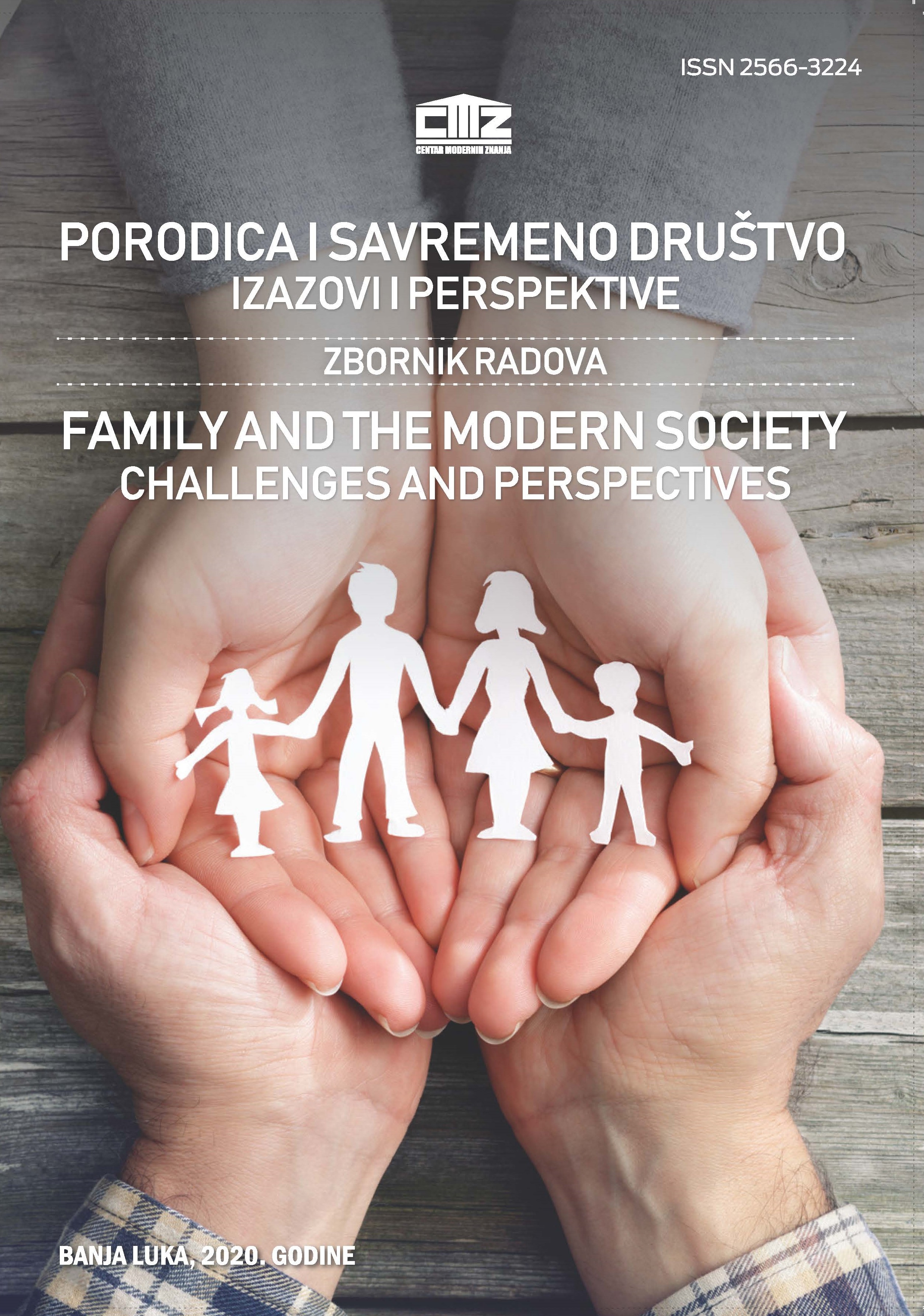DEKADENCIJA DRUŠTVENIH I PORODIČNIH ODNOSA NA PRIMJERU GRAĐANSKE DRAME S KRAJA XIX I POČETKA XX VIJEKA
DECADENCY OF SOCIAL AND FAMILY RELATIONS ON THE CASE OF CIVIL DRAMA FROM THE END OF THE XIX AND THE EARLY XX CENTURY
Author(s): Almedina ČengićSubject(s): Theatre, Dance, Performing Arts, Education, Culture and social structure , Social differentiation, Sociology of Culture
Published by: CENTAR MODERNIH ZNANJA
Keywords: decadence; civil society; civil drama; family destruction;
Summary/Abstract: New directions in the political organization of the world, at the turn of the nineteenth and twentieth centuries, will highlight the social class of the bourgeois-capitalist clan under an already recognizable categorization - civil society. Direct criticism of such a society and its order will become the backbone of almost all literary forms of expression. A realistic account of all the negativities that will crystallize by illustrating family decadence: fornication, deceit, crime, will initiate the process of demystifying the social phenomenon of "harmonious and impeccable community", the basic unit of society, family. The need for absolute honesty and recognition of the truth about the real situation in which European society has found itself, will launch, in a spontaneous, new wave of artistic representation of reality, which will itself manifest itself in decadence.This paper will attempt to prove the importance of the artistic experience of the great changes that have taken place in the collision of centuries and the beginning of a turbulent time in which humanity will be found. Drama was chosen as a specific feature of the literary genre, which could explicitly present key events on the stage, thematically stay very current and in the modern age.The Glembay cycle of Miroslav Krleža was, therefore, modeled after the Nordic school of the 1990s and the avant-garde writers of that time, Henry Ibsen (family drama) and August Strindberg (dream drama), Nordics, who would launch their own conceptual forms not only in literature but also in a whole new projection of art, entirely new themes, concerning the relationship between society and family, their separation and the individual placed at the center of tragic events. In addition to the direct influence of the Nordic writers H. Ibsen and A. Strindberg, and the comparative determinants of M. Krleža's advantage over them, this paper seeks to show the influence of socio-political turmoil on the artistic creation of playwrights at the turn of the nineteenth and twentieth centuries.
Journal: DRUŠTVENE DEVIJACIJE
- Issue Year: V/2020
- Issue No: 5
- Page Range: 607-614
- Page Count: 8
- Language: Bosnian

